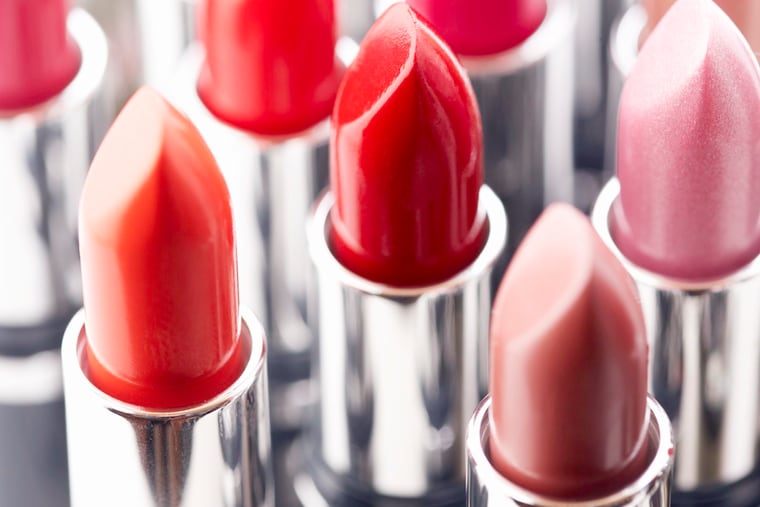U.S. Cosmetics Industry Thrives Despite Tariff Threats on Manufacturing Success.
In an increasingly complex trade landscape, Interparfums, a major player in the perfume industry, is grappling with the implications of tariff policies that have emerged from the current U.S. administration. Co-founder Jean Madar has shifted his focus to these levies, convening daily “war room” meetings with his team to navigate the uncertainties they present. Interparfums, valued at approximately .4 billion, produces nearly 40% of its products in the United States, making it particularly vulnerable to fluctuations in trade policy.
The tariffs instituted under President Donald Trump’s administration have profoundly impacted firms that depend on imported materials, with companies like Interparfums forced to examine their supply chains closely. The beautifying and personal-care sectors, traditionally recognized as contributors to the U.S. economy, now face challenges that may derail this success. Analysts warn that steep tariffs could disrupt productive supply chains, jeopardizing the competitive edge U.S. firms have enjoyed in global markets for over three decades.
Industry experts, including Neil Saunders from GlobalData, suggest that these tariffs could inadvertently harm American manufacturers by driving up the costs of foreign inputs, which ultimately affects domestic production. The cosmetic industry, with its intricate web of global sourcing, is particularly at risk. Renowned brands like Estée Lauder and L’Oréal navigate complex supply chains to deliver products made from a variety of international components, which are then assembled and sold worldwide.
Interparfums has responded to these challenges by exploring alternative sourcing for materials traditionally imported from China. Some components, such as plastic caps and metal ornaments used in their fragrance bottles, have faced 145% tariffs, compelling the company to seek additional options for production. Additionally, the company announced plans to raise prices on certain products to counterbalance the increased costs, a step it considered a last resort.
The cosmetics industry’s contribution to the U.S. economy is significant, generating a trade surplus of approximately .6 billion in 2022. However, ongoing trade policy uncertainties are fuelling concerns among industry leaders about the potential ramifications for growth and competitiveness. Recent forecasts from major manufacturers like Procter & Gamble indicate that the uncertainty surrounding tariffs is leading to reduced earnings outlooks and potential price increases for consumers.
Smaller companies in the beauty industry, such as Dieux Skin, are also feeling the brunt of the shifting trade policies. The start-up experiences challenges in maintaining growth amidst fluctuating tariffs and are weighing options like price adjustments and inventory strategies to stabilize their operations. As companies reevaluate their strategies in light of these developments, many industry stakeholders remain cautious, recognizing that continued disruption could stymie growth and innovation in the sector.
Overall, the implications of U.S. tariff policies extend beyond immediate financial effects, reshaping the landscape for both established and emerging beauty brands as they strive to navigate the complexities of international trade.






